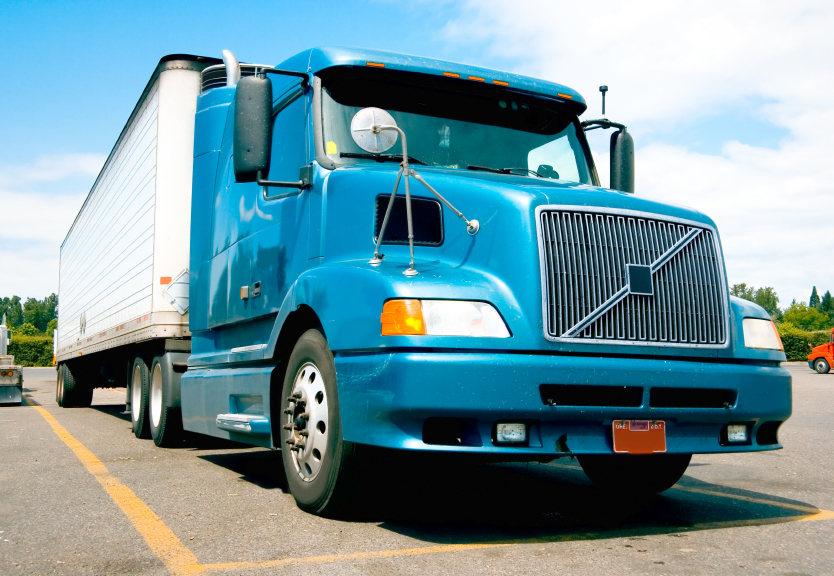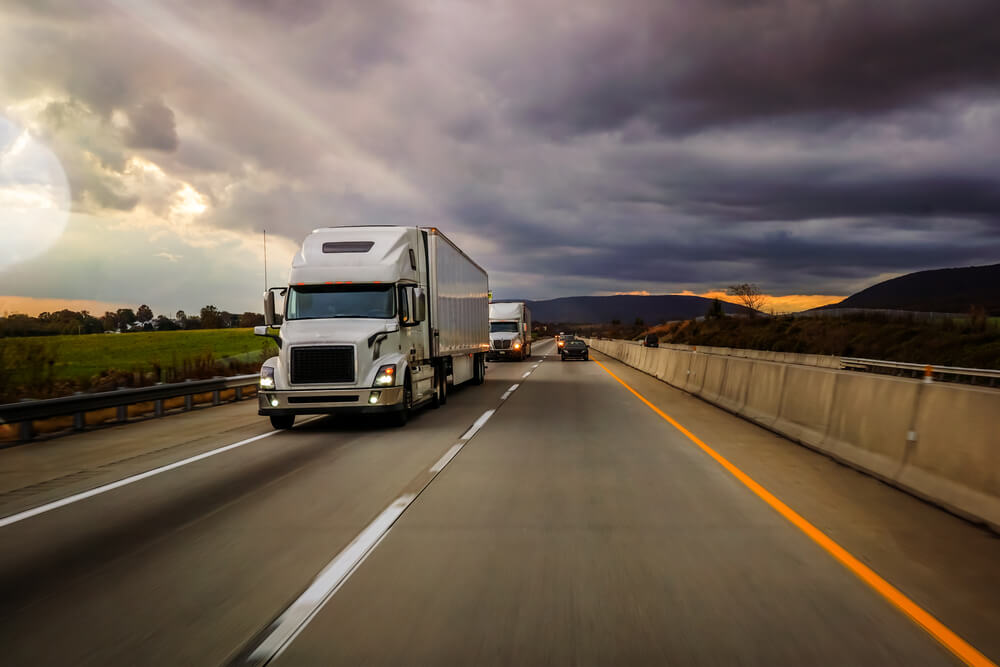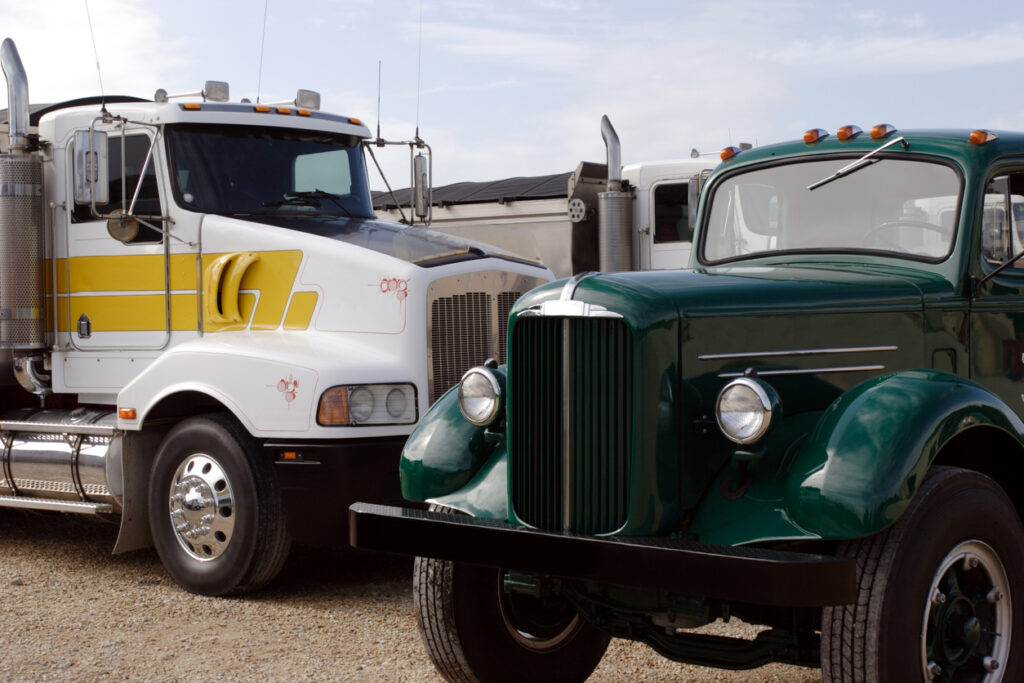Embark on an enlightening journey through the evolution of trucking, a cornerstone of modern commerce that remains largely uncelebrated. Consider the era before efficient transportation, when moving goods from one location to another was difficult. The advent of trucking revolutionized this process, facilitating the seamless transit of products across vast distances.
This narrative extends beyond the vehicles themselves, highlighting the innovative minds and determined spirits that propelled the industry forward. These pioneers transformed mere paths into vital arteries of trade, linking markets and communities in unprecedented ways.
By exploring their contributions, we gain a deeper understanding of the indispensable role that trucking companies have played in sculpting our shopping habits, economic exchanges, and the broader societal landscape. From the pioneering days of freight haulage to the sophisticated logistics of today, let’s journey through history to acknowledge the enduring influence of trucking on our world.
A Deeper Look into the Trucking Companies Near You
The trucking industry, often seen as the backbone of modern commerce, has a rich and dynamic history that has significantly influenced the way we engage in trade and business today. From the early days of horse-drawn carriages to the sophisticated logistics networks of the 21st century, the evolution of trucking is a testament to human ingenuity and the relentless pursuit of efficiency and connectivity.

The Dawn of Trucking
The story begins in the late 19th and early 20th centuries, a time when transportation was limited to railroads and horse-drawn vehicles. The emergence of the motor vehicle, particularly trucks, brought about a revolutionary change. These early trucks were not the powerful machines we see today but rather simple vehicles, often struggling with the rough roads of the era. However, their potential to transform the movement of goods was unmistakable.
The Golden Age of Innovation
As the 20th century progressed, so did the trucking industry. The development of the combustion engine and improvements in vehicle design increased the reliability and capacity of trucks. This period saw the birth of trucking companies that recognized the value of offering faster and more flexible delivery options compared to traditional rail transport.
The construction of the interstate highway system in the 1950s and 60s was a significant boost, reducing transit times and connecting previously inaccessible areas.
Regulation and Deregulation
The regulatory landscape for trucking has seen dramatic shifts. Initially, the industry operated with little oversight, leading to concerns over safety and competition. The Motor Carrier Act of 1935 introduced regulations concerning hours of operation, pricing, and routes. However, by the 1980s, the industry argued that these regulations stifled competition and innovation.
The Motor Carrier Act of 1980 marked a significant turn towards deregulation, fueling growth and competition within the industry.
The Modern Era and Technological Advancements
Today, trucking companies are at the forefront of adopting new technologies to improve efficiency, safety, and environmental sustainability. Innovations such as GPS tracking, electronic logging devices (ELDs), and advanced safety features have transformed operations. Furthermore, the industry is exploring the potential of autonomous vehicles and alternative fuels to address driver shortages and reduce carbon emissions.
The Role of Trucking in Global Commerce
The trucking industry plays a crucial role in the global supply chain. It is the primary mode of transportation for moving goods to and from ports, warehouses, and retail outlets. The flexibility and efficiency of trucking services enable businesses to manage inventory more effectively, reducing costs and improving customer satisfaction.
In times of crisis, such as natural disasters or pandemics, trucking companies have been vital in delivering essential supplies quickly and efficiently.

Challenges and Future Prospects
Despite its achievements, the trucking industry faces several challenges, including regulatory compliance, rising fuel costs, and environmental concerns. Moreover, the ongoing driver shortage poses a significant threat to the industry’s ability to meet growing demand. However, the industry continues to adapt, with companies investing in technology and exploring new business models to overcome these obstacles.
The Impact on Society
Beyond its economic contributions, the trucking industry has had a profound impact on society. It has shaped the landscape of towns and cities, influenced the development of suburban areas, and played a key role in cultural shifts, inspiring music, movies, and literature. The industry’s ability to connect remote areas has fostered community development and access to goods and services that were previously out of reach.
See the Importance of Trucking Everyday
The trucking industry’s journey from humble beginnings to becoming a pillar of modern commerce is a remarkable story of progress and adaptation. As we look to the future, it’s clear that trucking will continue to play a vital role in our global economy, driving innovation and connecting communities.
The history of trucking is not just about the evolution of transportation; it’s about the relentless human spirit to:
- Push boundaries
- Overcome challenges
- and forge connections that drive society forward
As we continue to navigate the complexities of the 21st century, the lessons from the past and the innovations of the present will guide the trucking industry toward a more efficient, sustainable, and interconnected future.






